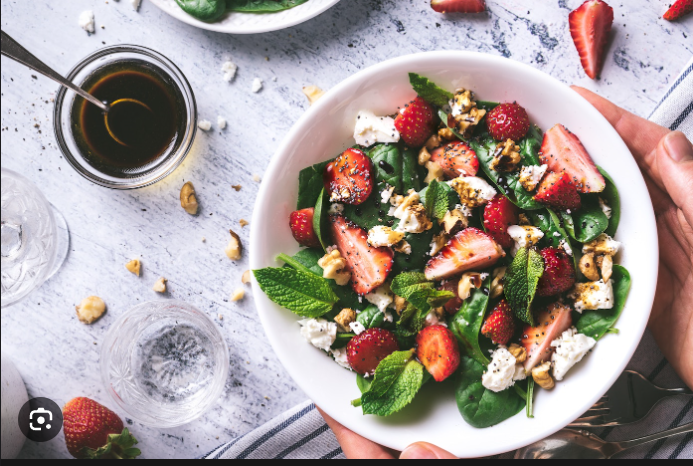For those seeking a balanced diet that can decrease inflammation and improve overall well-being, Dr. Weil’s anti-inflammatory diet is a good fit. It focuses on unprocessed foods, lean proteins, healthy fats, and plenty of antioxidant-rich fruits and vegetables.
What is Dr. Weil’s anti-inflammatory diet?
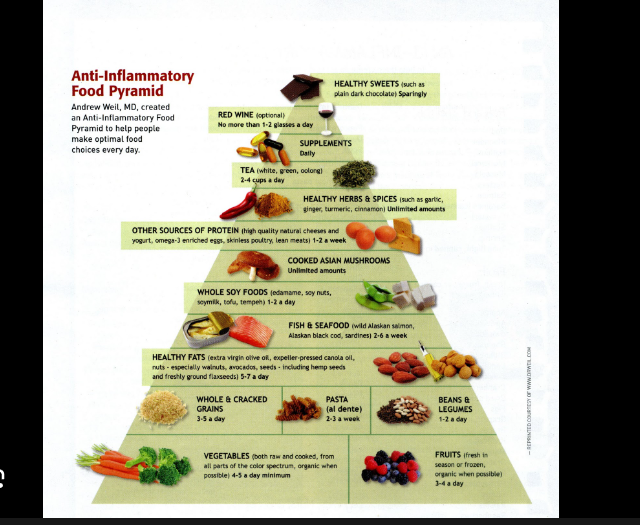
The anti-inflammatory diet is a way of eating that aims to lessen chronic inflammation and diseases like heart disease, some malignancies, and Alzheimer’s disease that are associated with it. Dr. Andrew Weil, a specialist in integrative medicine and the author of numerous books on nutrition, aging, and good living, was the person who initially developed the diet.
The diet is primarily based on the Mediterranean diet, but it also contains a few extra things like dark chocolate and green tea. The program recommends a wide variety of fresh foods, with a focus on fruits and vegetables, as they are rich in phytonutrients, which are naturally occurring chemical compounds found in plants that may be good for human health and prevent a number of ailments.
Weil advises staying as far away from processed meals as possible and consuming foods high in omega-3 fatty acids. Weil’s anti-inflammatory diet is meant to be a lifelong shift rather than a quick remedy, despite the fact that some websites provide 21-day anti-inflammatory diet regimens or other temporary fixes.
By dietary component, the recommendations become increasingly detailed. To maintain a constant blood sugar level, for instance, you should eat nutritious carbs like whole grains, beans, squash, and berries.
How Does Dr. Weil’s Anti-Inflammatory Diet Work?
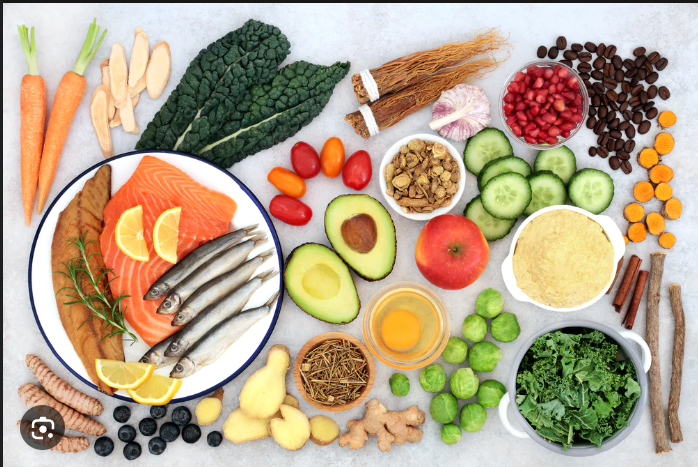
Reduce your intake of saturated fat, which is found in foods like butter, cream, and fatty meats, and stay away from margarine, vegetable shortening, and partially hydrogenated oil-containing foods.
Omega-3 fatty acids, which have been demonstrated to lower inflammation, avocados, almonds, flaxseeds, and extra-virgin olive oil are good sources of dietary fat.
The strategy emphasizes consuming a lot of cold-water fish like wild salmon, sardines, and herring.
Weil advises taking a daily fish oil supplement containing the omega-3 fatty acids eicosapentaenoic acid (EPA) and docosahexaenoic acid (DHA) if you don’t consume oily fish twice a week.
On this diet, you can get protein from fish, yogurt, cheese, and beans, particularly soybeans.
Especially berries, tomatoes, orange and yellow fruits, cruciferous vegetables, and dark leafy greens should all be consumed in large quantities. To avoid pesticides, buy organic wherever feasible. (The “Dirty Dozen” and “Clean 15” lists from the Environmental Working Group show which foods have the greatest and least pesticides, respectively.)
Preferably the white, green, and oolong forms of tea above coffee.
Weil also allows plain dark chocolate, which contains antioxidants and has been proven to benefit cardiovascular health (minimum cocoa content: 70%).
One to two glasses of red wine daily is the maximum amount that is acceptable.
Can I lose weight on Dr. Weil’s anti-inflammatory diet?
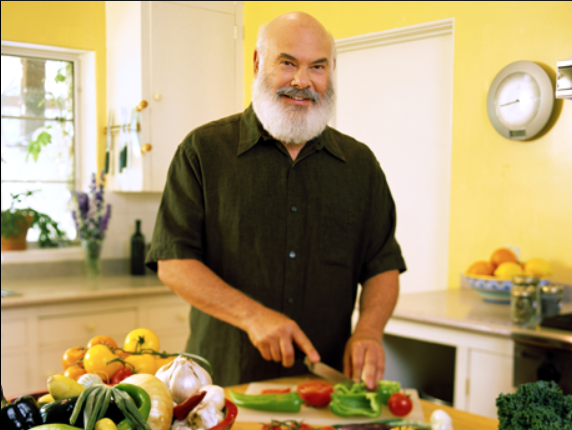
The anti-inflammatory diet does allow for weight loss, but its main focus is on long-term health rather than short-term weight loss. The Mediterranean diet, which has been associated with weight loss and a decreased risk of being overweight or obese, is the foundation of Weil’s strategy. Obesity is well known to cause inflammation and related disorders; however, there is less evidence to support the idea that obesity causes inflammation, which in turn causes weight loss.
Who Should Not Try Dr. Weil’s Anti-Inflammatory Diet?
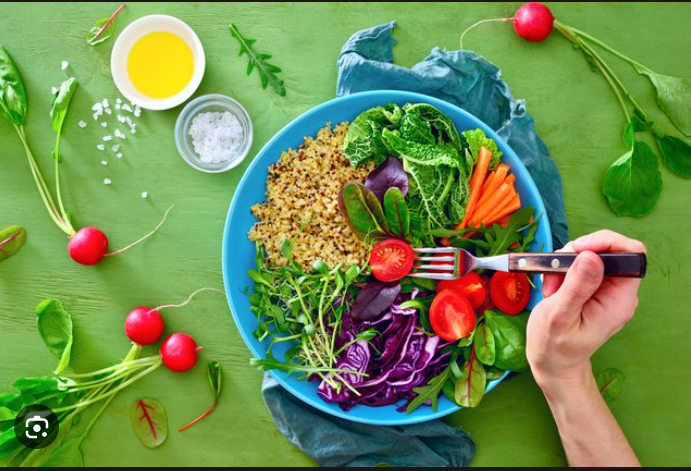
If losing weight is your top priority, keep in mind that this diet performs worse than average for both short- and long-term weight loss. Something like WW might be a better choice. Additionally, if you have specific health conditions, you might need to modify your diet to suit your needs.
If you have a kidney illness or are on certain medications, you may need to reduce the quantity and size of your fruit and vegetable servings or opt for lower-potassium alternatives such as apples, carrots, blueberries, and red cabbage.
This diet might be advantageous for those who have inflammatory bowel disease. However, if a flare-up is severe, you might need to choose cooked or peeled produce, as well as almond or cashew butter, in place of whole nuts.
Pros
- Nutritionally sound.
- Coaching and/or group support are available.
- Filling: it’s rich in high-fiber foods.
- A clearly defined plan with recipes
- Has proven health benefits.
- Diverse foods and flavors
Cons
- Tedious portioning, meal planning, or prep
- There are lots of rules to remember.
Also read-Volumetrics Diet
Images source: Google







